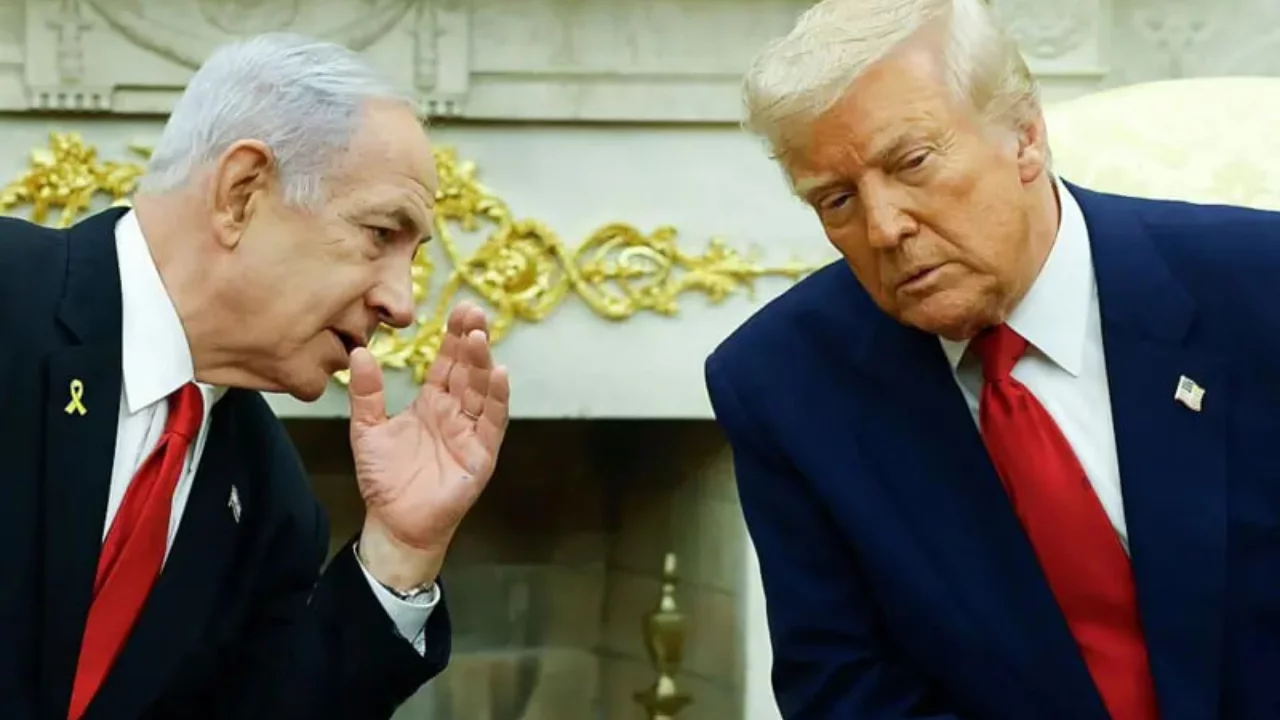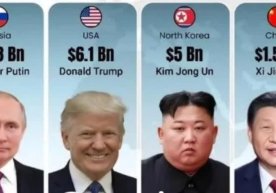
Political tension is once again escalating in the Middle East. In recent months, negotiations between America and Iran have been held in several stages, and a historic agreement is on the threshold, with this process under the personal control of Donald Trump. In particular, the future of the strategic alliance between the US and Israel is being discussed even more widely in such a precarious situation.
Negotiations have been continuing since April, and in recent weeks the Israeli government and its leaders have been openly expressing dissatisfaction with the White House. The Israeli leadership, headed by Benjamin Netanyahu, complains that during the negotiations they are not receiving sufficient information from the US, claiming that their interests are being ignored. At the same time, it is said that the Israeli intelligence and the Ministry of Defense have also discussed a “Plan B,” that is, the possibility of a military strike.
This is a major concern for Israel, because one of the clauses of the agreement – Iran’s right to enrich uranium, in other words, its nuclear capabilities – remains a serious threat for Tel Aviv. Although official Washington emphasizes that Iran will not be allowed to obtain nuclear weapons under any circumstances, Israel is dissatisfied with the fact that its political influence is declining and it is being pushed to second place in this process.
What is even more worrying is that if the negotiations do not go as expected or Iran does not provide serious guarantees to restrict its nuclear program, Israel may take independent action to protect its interests. This, of course, will cause major diplomatic problems for the US. Usually, American intelligence is well aware of Israel’s plans and possible operations, and no major operations are carried out without their consent. But this time, according to reports, the White House is hiding some information, and some government employees are being temporarily withdrawn from bases and embassies in Bahrain, Kuwait, and Iraq for security reasons.
Trump's words that “Iran has only two paths: either agreement or war” once again confirm the seriousness of the situation. According to experts, some forces in Washington are prolonging the agreement, hoping to force Tehran to accept stricter conditions at the negotiating table. The evacuation of American diplomats is shown not as a refusal to help Israel, but as a security measure.
Meanwhile, dialogue continues between American diplomats and the Iranian Ministry of Foreign Affairs. However, for Israel, the main issue is not what the agreement will be, but whether this agreement will truly guarantee the country’s security.
Looking at history, the Iranian nuclear crisis began in 2002 when secret nuclear facilities were discovered. From 2010, a number of international sanctions were imposed on the country, and as a result, Iran faced economic difficulties. In 2015, a nuclear agreement was reached with the US, the European Union, and other countries, during which inspectors were granted the right to monitor Iran’s nuclear facilities. However, in 2018, it was the Trump administration that withdrew from this agreement and reimposed sanctions. Israel supported this decision.
Now, on the eve of a new agreement, history seems to be repeating itself: on one side — negotiations, on the other — concern and a possible military scenario. If there are unexpected turns in this process, the Middle East will once again remain on the verge of new conflicts. Read “Zamin” on Telegram!
Ctrl
Enter
Found a mistake?
Select the phrase and press Ctrl+Enter Related news
Information
Users of Меҳмон are not allowed to comment this publication.
Users of Меҳмон are not allowed to comment this publication.














